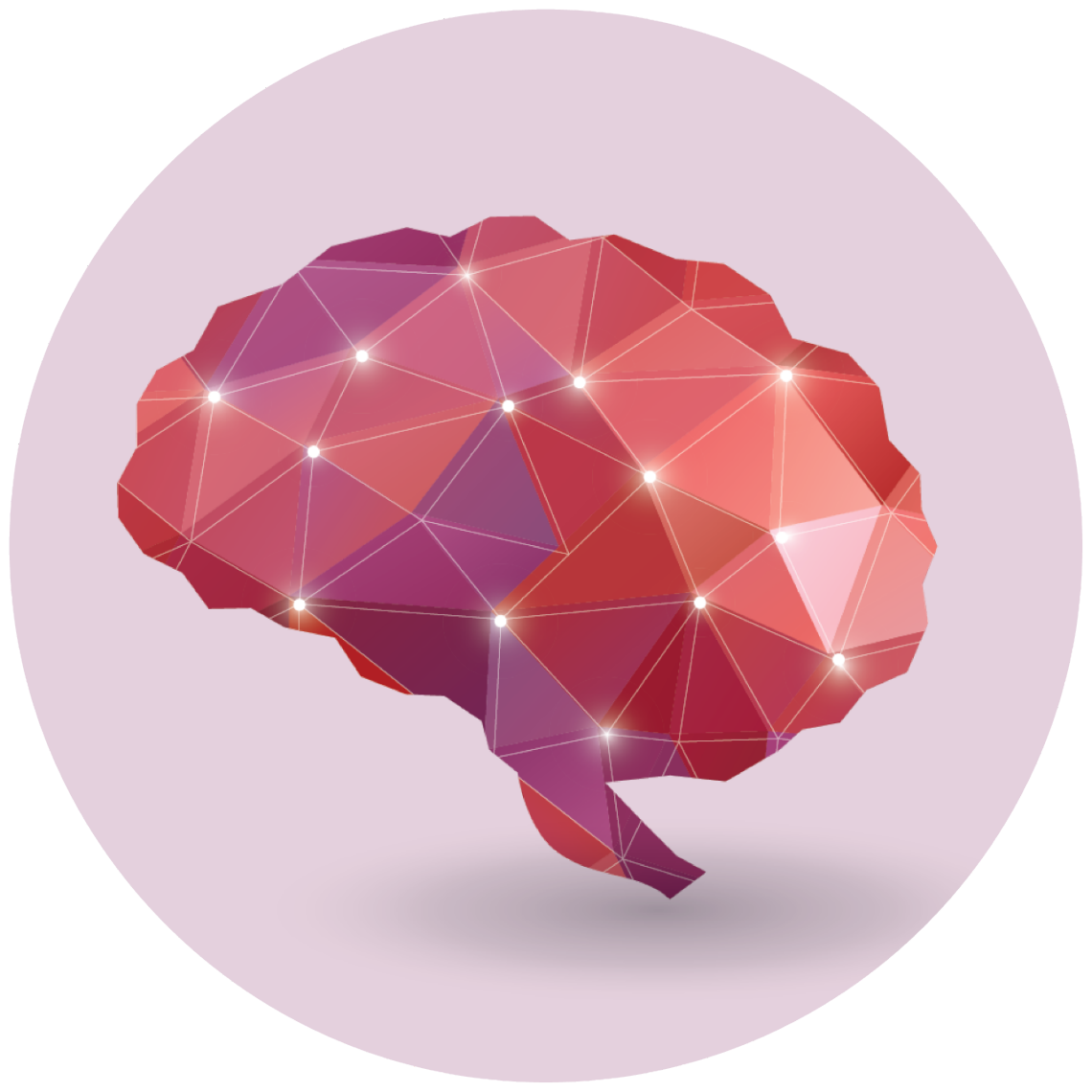AARP Hearing Center


Key takeaways:
- Mild cognitive impairment (MCI) causes cognitive changes that are serious enough to be noticed, but don’t affect the person’s ability to live independently.
- Not everyone with MCI is eventually diagnosed with dementia.
- Two drugs are sometimes prescribed for people with MCI if the brain shows markers of Alzheimer’s disease.
- Lifestyle changes can also make a difference.
Elaine Rosenblatt still remembers the panic that washed over her when she wandered up to the second floor of a repurposed industrial space — the setting of a friend’s 2017 wedding — and couldn’t find her way back to the reception. She finally called another wedding guest and asked him to please come find her. Back at the party, embarrassed and unnerved, Rosenblatt quickly called an Uber to take her home.
What might have been dismissed as a one-off — or just the result of being in unfamiliar surroundings — brought back memories of her mother’s experience with Alzheimer’s disease. The episode fueled Rosenblatt’s concerns about what was happening with increasing frequency in her own life: the inability to find words during conversations.
“I can picture in my mind what I want to say, but cannot bring it forward,” says Rosenblatt, a psychotherapist in private practice in Evanston, Illinois. And yet, confoundingly, the now-74-year-old adds, “when I am in session with clients I can recall things from past sessions easily.”
A year after that wedding scare, a diagnosis helped her make sense of her symptoms: Rosenblatt has mild cognitive impairment (MCI), according to a cognitive and behavioral neurologist’s evaluation. MCI is a condition in which changes in memory and thinking are more pronounced than those associated with normal aging, but don’t meet the threshold for a diagnosis of Alzheimer’s or other dementias.
The question patients often ask is: How do I keep from getting worse? Rosenblatt has found much of the answer to that question in several lifestyle changes, most notably an unlikely form of exercise.
There are changes that occur with normal aging — occasional forgetfulness, misplacing keys, explains Dr. Sheena Aurora, a neurologist and vice president of medical affairs at the Alzheimer’s Association. With MCI, however, these changes happen on a regular basis and can be detected by cognitive testing.
Although symptoms of MCI are obvious enough to be noticed by friends and family, they don’t affect the person’s ability to carry out everyday activities. That’s one of the things that separates MCI from dementia. “While dementia interferes with an individual’s ability to conduct activities of daily living, MCI is not quite there,” Aurora says.
Does MCI always lead to dementia?
Roughly 1 in 4 adults 65 and older is living with MCI, according to studies in JAMA Neurology and Alzheimer’s & Dementia. Many return to normal cognition while others progress to dementia. Who gets better and who gets worse depends largely on what’s causing the MCI.
The condition can be caused by many things: medication side effects, sleep deprivation, stress and anxiety are at one end of the spectrum. Cardiovascular disease, diabetes and neurodegenerative conditions like Alzheimer’s, vascular dementia and other forms of dementia are at the other end.
“Not everyone with MCI will automatically develop dementia,” says Dr. Chad Yucus, a cognitive and behavioral neurologist at Endeavor Health in the Chicago area. “It ultimately depends on the cause of the cognitive impairment. If a neurodegenerative disease is causing MCI, the chance for progression to dementia is very high.”






































































More From AARP
Take the Cognitive Assessment
Find out how you perform today in five key areas, including memory and attention
What Is Mild Cognitive Impairment?
MCI can be a precursor to dementia; learn what to expect after a diagnosis
10 Microhabits for Brain Health
Add a small dose of these actions to your day to help power up your brain